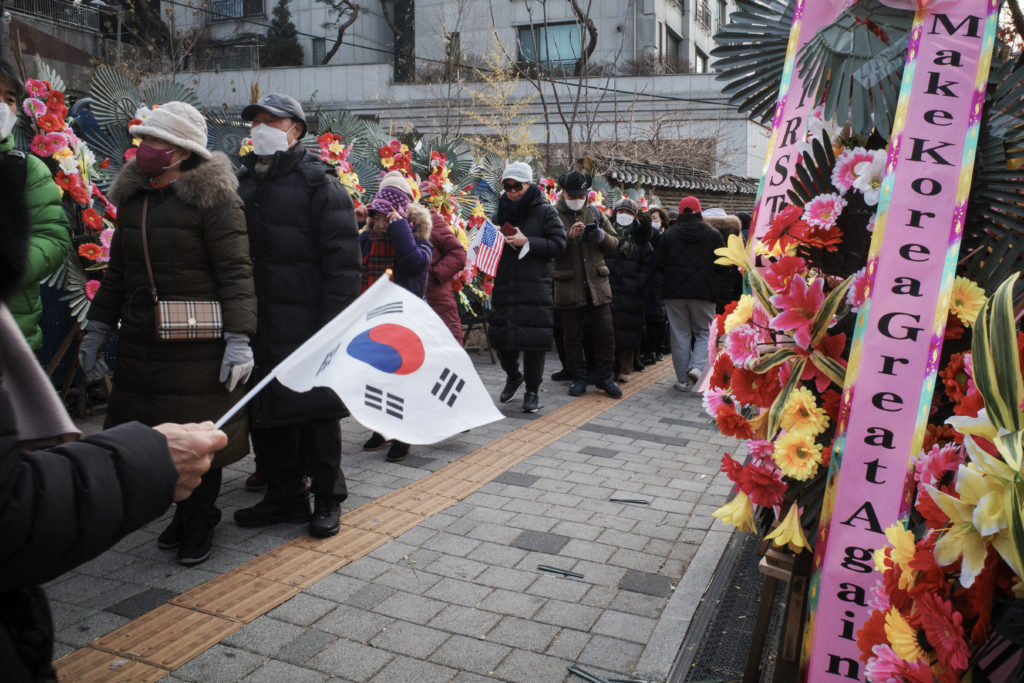Chinese property firm Kaisa suspended share trading in Hong Kong on Wednesday as questions swirl over its ability to make repayments and contagion spreads within the country’s debt-ridden real estate sector.
The Chinese government sparked a crisis within the property sector when it launched a drive last year to curb excessive debt among real estate firms, such as Kaisa and most notably Evergrande.
Companies that had accrued huge debt to expand suddenly found the taps turned off and began struggling to complete projects, pay contractors and meet repayments.
Kaisa, China’s 27th-largest real estate firm but one of its most indebted, became the latest company to spook investors when it announced on Friday that it had failed in a bid for a debt swap that would buy it crucial time.
On Wednesday morning it announced it was suspending trading in Hong Kong, where it is listed, “pending the release by the Company of an announcement containing inside information”.
Kaisa last month announced a plan to delay the repayment timeline for some of its bonds, offering an exchange for at least $380 million of notes, which would have given it some room to find money further down the line.
But the offer failed to win the 95 percent approval from bondholders needed for the plan to go ahead.
The most indebted Chinese property firm is Evergrande, which set off the current confidence crisis when it began struggling to repay its international debts last month.
The Shenzhen-based behemoth racked up an eye-watering $300 billion in loans before Beijing began to rein in the sector.
On Tuesday Evergrande missed a deadline to repay some of its overseas creditors, raising the prospect of it defaulting as it prepares for a government-backed mega-restructure.
Bloomberg News reported some of the $82.5 million in overdue coupon payments it owed by the end of Tuesday — when a 30-day grace period ran out — remained unpaid.











